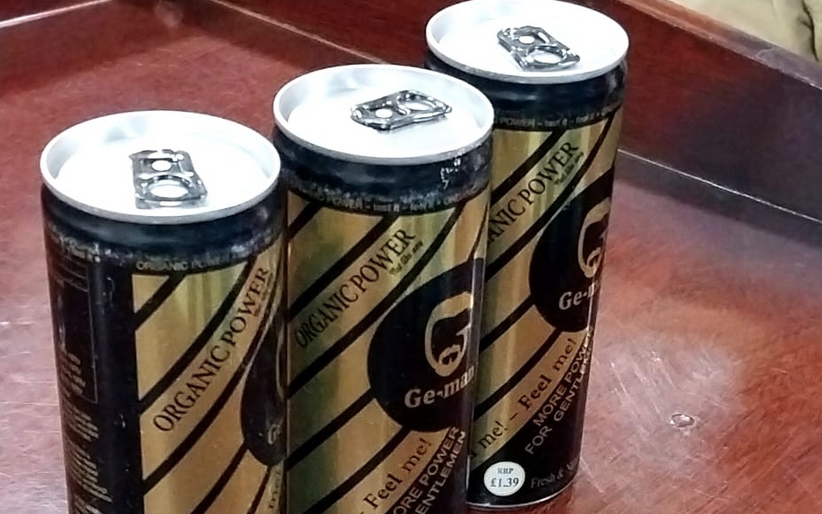Aba, the commercial hub of south-eastern Nigeria, needs a better road network and regular power supply from the grid to boost the commercial operations of industries in the region. But Nicen, one of the biggest paint manufacturers in the city, is leveraging gas to compete.
Chris Eze, managing director at Nicen Industries Limited, which is into the production of plastics and paint products, including heavy coatings, car paints, decorative paints, high-quality emulsion, and gloss finishes, said the decision to turn to gas was one of the most rewarding decisions the company has taken since it was founded in 1990.
According to Eze, when the power supply became unbearable in Aba, and the cost of diesel increased, the company began inquiring about a sustainable solution.
They subsequently contacted Clarke Energy, a multinational specialist in engineering, installation, and maintenance of sustainable power generation solutions, to install a gas power plant.
Advertisement
In June 2020, Clarke Energy supplied and commissioned a 1MW gas power plant solution which included the complete front end engineering design, installation and project management and currently provides its stellar maintenance support to the plant.
Yiannis Tsantilas, the managing director of Clarke Energy in Nigeria, said: “The 1MW power plant solution delivery describes the Clarke Energy commitment towards improving the manufacturing and processing value chain in Aba and the south-eastern part of Nigeria.
“Clarke Energy partnered with NICEN in its vision to improve its costs of manufacturing durable plastics and high-quality decorative paints that are affordable and competitive in the local market. Furthermore, it has demonstrated local industrial capability and capacity to ensure made-in-Nigeria wins.
Advertisement
“Undoubtedly, Chris Eze, who leads the NICEN team, is a visionary man of wit and has a passion for improving the lives of Nigerians.”
Clarke Energy designed the power solution from plant layout drawings, engine delivery, installation, commissioning, and equipment maintenance. The plant is powered by natural gas supplied by Shell Nigeria through gas pipelines belonging to the Nigerian National Petroleum Corporation (NNPC).
“Their engine is one of the best that we have seen,” said Eze.
“Even before we got in contact with them, we made enquiries and found that Clarke Energy engines are good, and many companies in Aba are already using the company’s products. So we signed up.”
Advertisement
He commended the company’s regularly scheduled maintenance visits which he said testified to their product quality because only a vendor confident in its products will undertake to periodically visit an installation site to carry out maintenance without fear.
“But sometimes, gas supply can be a challenge,” Eze said.
“Sometimes gas is unavailable through the pipelines for extended periods due to scheduled preventive or corrective maintenance,” he said.
The Nicen Industries plastic products include chairs, large water storage containers, household plastics and industrial plastic products, requiring a regular energy supply to keep the machines running.
Advertisement
“The grid is often unavailable,” said Eze. “If the grid supply was regular, there won’t be a need for an alternative power source. Therefore, to solve our power problem, we invested in owning our gas power plant.”
Speaking on some of the other challenges facing the company, Eze said the deficient road network in Aba is one of the company’s biggest challenges. It affects the speed of moving raw materials into the factory and finished products to Nigeria’s markets, particularly in Aba, Lagos, Kano and Abuja.
Advertisement
Eze also suggested that easing some of the tax components across some levels of authority, such as state and local government areas, is an idea the government could look into because it incentivises small and medium-sized businesses to grow.
Eze said industries also face the challenge of accessing foreign exchange to procure raw materials.
Advertisement
“To further grow our economy, we must support local manufacturing to help reduce the unemployment rate and improve the quality of life of Nigerians. Because no government can do all that alone, they must assist the local industries with the needed incentives,” he said.
Advertisement
Add a comment






